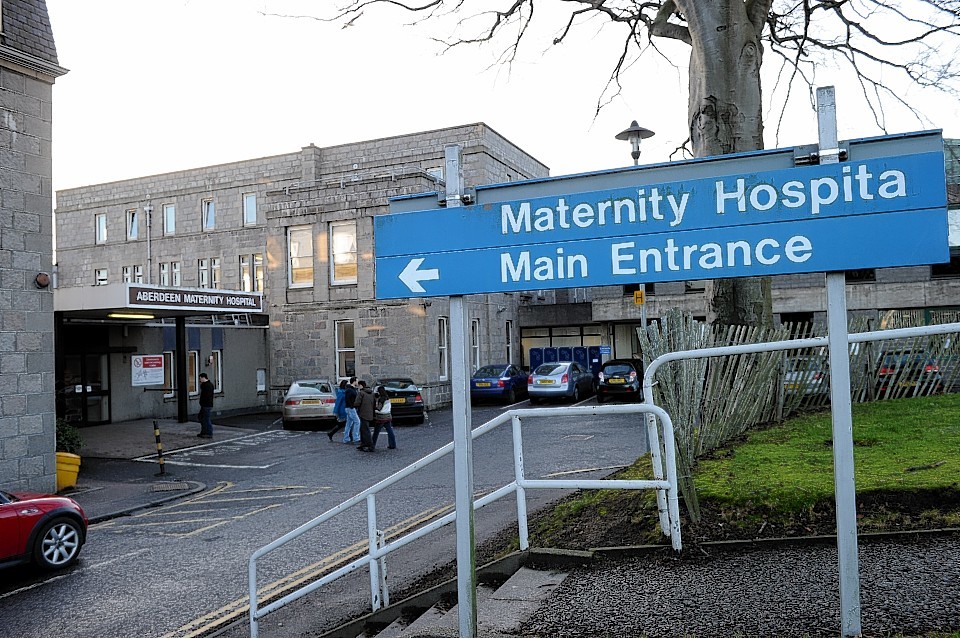Tim Pauling
A financial expert believes the funding mechanism for Aberdeen’s new maternity hospital and cancer centre will help protect the public interest.
The Scottish Government is investing £120million in the project as part of a £1billion extension of the non-profit distributing programme (NPD).
NPD is essentially the same as the controversial private finance initiative (PFI), but is designed to place a cap on the returns for private-sector investors.
PFI private investors were invited to bid to build and run large projects, such as schools and hospitals.
The main criticism was that taxpayers ended up paying off the project for years, with investors reaping huge returns.
Probably the most infamous scheme was Edinburgh Royal Infirmary which cost £184million – £34million over budget.
The contract involved NHS Lothian leasing the hospital from private operator Consort for 25 years at £50million a year, putting the final bill at £1.25billion.
Paul Brewer, corporate finance partner with financial services company Pwc, said NPD meant any debt did not get serviced until all the bank debt had been looked after.
Instead of equity, “subordinated debt” is used, where there is a fixed rate of interest, with any extra dividends going back to the public sector.
Mr Brewer said the financial mechanism was more transparent and public sector representatives sat on any board, giving better management and control.
But probably the main benefit as far as the taxpayer is concerned is that private investors bear the risk if the project is not delivered on time or goes over budget.
Mr Brewer said: “You will always find critics of paying a higher cost of finance that the government would incur itself, but in return for the higher cost of finance what the public sector is getting is an absolute commitment to deliver on time and to deliver a service that has been specified.”
A Scottish Government spokeswoman said one of the key benefits of NPD over PFI was that private sector returns were “capped and limited to a reasonable rate”.
“This is crucial, both in the principle for investment into public services and in avoiding the excessive profits associated with past PFI projects,” she said.
“In addition, the NPD model now ensures that any operational surpluses generated by a project can be reinvested in the public sector.
“Within our current NPD programme we are attracting strong competition and achieving favourable financing rates compared to past PFI projects.”
